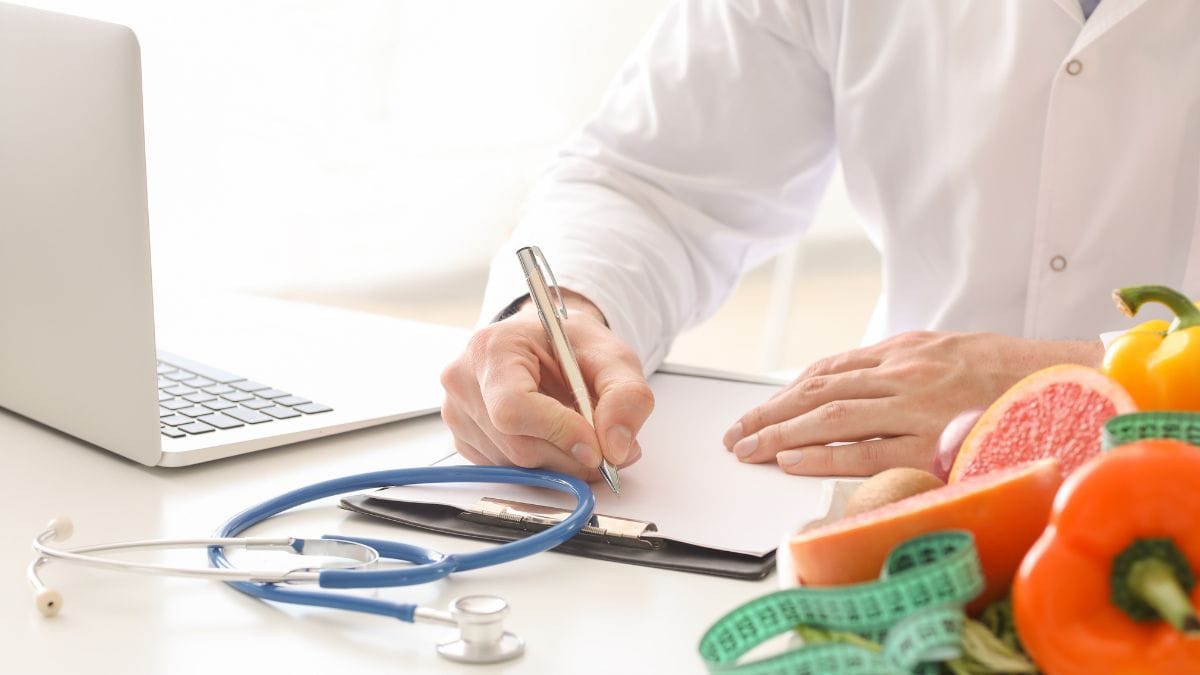Are Almonds Good for Constipation? (Expert Answer)
Short Answer: Almonds are good for constipation. Because they have fiber, healthy fats, vitamin E, and magnesium and they can soften stools, lubricate the intestines, protect the cells, and stimulate bowel movements. Constipation is a condition that affects your digestive system. In constipation, your body has difficulty passing stools or does so infrequently. This can lead to various health problems, such as hemorrhoids, anal fissures, fecal impaction, and diverticular disease. One of the key factors in managing constipation is diet. What you consume can affect your bowel movements, which can impact your constipation symptoms and overall health. To effectively manage constipation, you should consume fiber-rich foods like fruits, vegetables, whole grains, and nuts and seeds and avoid low-fiber foods like meat, dairy, and processed foods. Now, almonds are seeds that are cultivated worldwide for their edible kernels. People usually eat them raw, roasted, or as ingredients in various dishes and products. Almonds are good for constipation because they contain dietary fiber, healthy fats, vitamin E, magnesium, and other nutrients. Dietary fiber can help soften stools and increase their bulk, making them easier to pass. Healthy fats can lubricate the intestines and prevent dryness. Vitamin E can protect the cells of the digestive tract from oxidative stress. Magnesium can relax the muscles of the colon and stimulate peristalsis, the wave-like contractions that move stools along. One ounce (28 grams) of almonds can give you about 3.5 grams of fiber (14% of your daily needs), 14 grams of fat (22%), 7.3 milligrams
